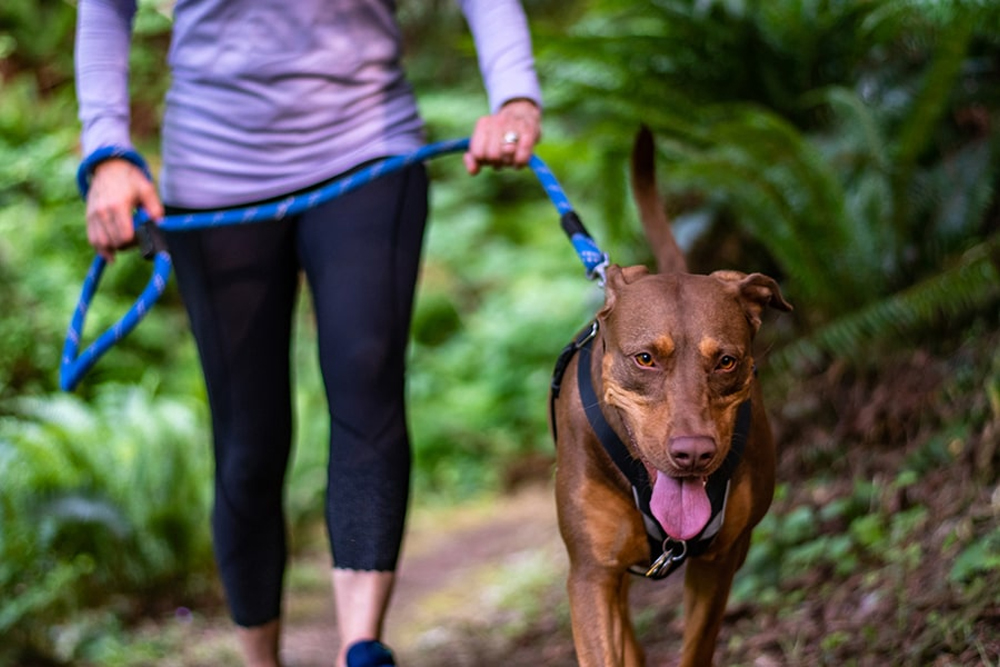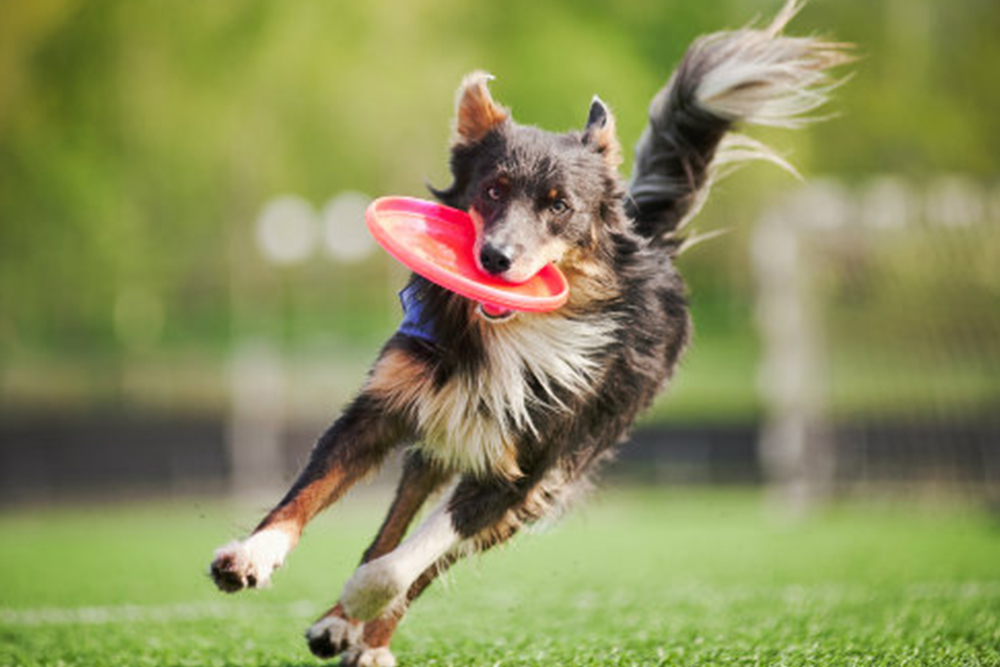Boost Your Pets Health and Happiness: The Power of Regular Exercise

As pets owners, we all want to see our furry friends happy, Exercise healthy, and enjoying life to the fullest. One crucial aspect of maintaining their well-being is ensuring they get enough regular exercise. This not only keeps them physically fit, but also plays a significant role in improving their behavior. In this blog post, we’ll delve into the numerous benefits regular exercise can have on your pet’s behavior, tips for incorporating exercise into their daily routine, and how to tailor workouts to your pet’s specific needs.
Related articles
1- Treat Your Pet Like Family: 10 Fun Activities to Do Together
2- Keep Your Pet Healthy and Happy with Regular Veterinary Check-ups
3- How to Keep Your Pets Mind Sharp with Unique Games and Foods!
4- From Fat to Fit: Home Exercises for Your Obese Pet
The Impact of Exercise on Pet Behavior
Regular exercise is essential for pets, as it helps them expend energy, maintain a healthy weight, and stay mentally stimulated. Here are some of the key ways exercise can positively affect your pet’s behavior:
- Reduces Anxiety and Stress: Pets, like humans, can experience anxiety and stress, which can lead to destructive behaviors such as excessive barking or meowing, chewing on furniture, and even aggressiveness. Exercise helps release endorphins, which are natural mood elevators that can alleviate anxiety and stress, resulting in a calmer and more well-balanced pet.
- Improves Socialization Skills: When pets engage in physical activities, they often interact with other animals and humans. This exposure helps them become more comfortable in various social situations, improving their overall confidence and socialization skills.
- Prevents Boredom: A bored pet can easily become destructive or develop behavioral issues. Regular exercise keeps your pet mentally stimulated, which can curb boredom and prevent unwanted behaviors like excessive barking, digging, or chewing.
- Promotes Better Sleep: Pets that receive regular exercise tend to sleep more soundly at night. A well-rested pet is generally happier and less likely to engage in unwanted behaviors during waking hours.
- Enhances Bonding: Exercising with your pet not only benefits their behavior but also strengthens the bond between you and your furry companion. This strengthens trust and communication, resulting in a more harmonious relationship.
Incorporating Exercise into Your Pet’s Routine
Here are some tips for incorporating exercise into your pet’s daily routine:
- Establish a Routine: Just like humans, pets thrive on routines. Establish a daily exercise schedule that works for both of you, and stick to it as consistently as possible.
- Vary the Activities: To keep your pet engaged and excited about exercise, mix up the activities you do together. For example, alternate between walking, jogging, playing fetch, and visiting the dog park.
- Make It Fun: Exercise should be enjoyable for both you and your pet. Engage in activities that you both enjoy, and consider incorporating toys and treats to keep things interesting.
- Be Mindful of Your Pet’s Abilities: Each pet is unique, and their exercise needs will vary depending on factors such as age, breed, size, and overall health. Consult with your veterinarian to determine the appropriate type and amount of exercise for your pet.
- Reward Good Behavior: Positive reinforcement is key to encouraging good behavior in pets. Praise and reward your pet for participating in exercise activities and exhibiting positive behaviors.
Tailoring Workouts to Your Pet’s Needs
Different pets have different exercise requirements. Here are some guidelines for tailoring workouts to your pet’s specific needs:
- Consider Your Pet’s Breed: Some breeds have higher energy levels and exercise needs than others. For example, herding breeds like Border Collies and Australian Shepherds require more physical activity than less energetic breeds like Bulldogs or Pugs.
- Take Your Pet’s Age into Account: Younger pets generally have more energy and require more exercise, while older pets may have joint issues or other health concerns that limit their activity levels. Adjust your pet’s exercise routine based on their age and physical capabilities.
- Monitor Your Pet’s Health: If your pet has any health issues or concerns, consult your veterinarian for guidance on what types of exercise are appropriate and safe.
- Be Patient: If your pet is new to exercise or has been sedentary for a while, it’s important to start slow and gradually increase the intensity and duration of their workouts. This will help prevent injury and ensure they enjoy the process.
Exercise can also help improve the overall behavior of pets. Pets that engage in regular physical activity are more likely to be well-behaved and obedient. Exercise can help alleviate boredom, which is a common cause of destructive behavior in pets. When pets are bored, they may resort to chewing on furniture or shoes, digging holes in the backyard, or barking excessively. By providing them with regular exercise, pet owners can help prevent these behavior issues from developing in the first place.
Furthermore, exercises can also help build a stronger bond between pets and their owners. Engaging in physical activity with pets can be a fun and rewarding experience for both the pet and the owner. Taking a dog for a walk or run can provide an opportunity for the owner to bond with their pet, while also getting some exercises themselves. This can help strengthen the emotional connection between the pet and the owner, leading to a happier and more fulfilling relationship.
In conclusion, regular exercises is essential for the physical and mental well-being of pets. Pets that engage in physical activities are more likely to maintain a healthy weight, prevent obesity-related health issues, improve their cardiovascular health, and boost their immune system. Additionally, exercises can help reduce anxiety, stress, and behavior issues in pets, leading to a happier and more well-behaved animal. Therefore, it is crucial for pet owners to prioritize regular exercises for their pets, whether it be through daily walks, runs, or playtime. By doing so, pet owners can ensure that their pets live a healthy and happy life while also building a stronger bond with them.
Sobre o Autor




0 Comentários